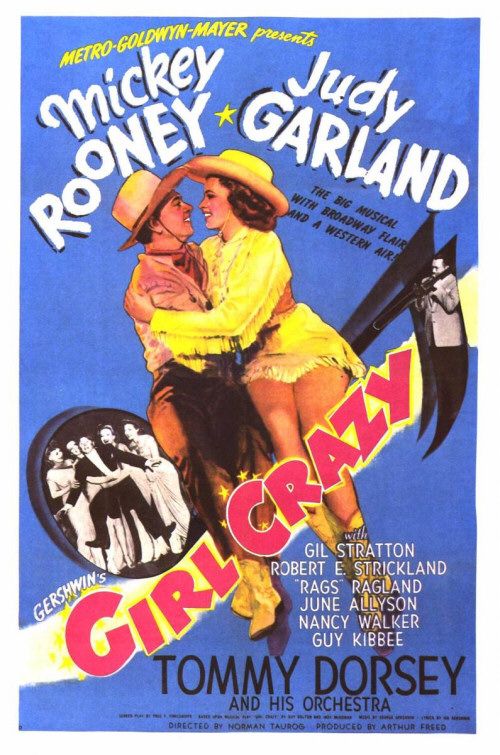“Needs More Gravitas”

| None | Light | Moderate | Heavy | |
|---|---|---|---|---|
| Language | ||||
| Violence | ||||
| Sex | ||||
| Nudity |
What You Need To Know:
FRANKIE AND ALICE stars Halle Berry. It’s about a troubled black woman suffering from multiple personality disorder. It opens with Frankie Murdoch working as a dancer at a nightclub in the early 1970s. She goes home with one employee. When they get to his place, Frankie suddenly goes berserk, hits him with a bottle, and ends up lying in the street below. The police take Frankie to the psych ward, where a kindly psychologist, Dr. Oz, becomes interested in her case. He starts treating Frankie, but she balks at some of his methods. Soon, Dr. Oz discovers Frankie has two other personalities – a racist white woman and a bright, frightened, little girl. Eventually, he gets to the bottom of Frankie’s breakdown.
FRANKIE AND ALICE is compelling. The low budget sometimes shows, however. Also, the movie ends abruptly. Even more problematic, the movie gives a humanist, slightly politically correct answer to the protagonist’s mental problems. Also, at the end the psychologist makes a couple amoral statements that come out of nowhere. Thus, although FRANKIE AND ALICE generates moral sympathy for the title character, its secular worldview, foul language and crude elements prevail.
Content:
(HHH, B, C, PC, LLL, VV, S, AA, DD, MM) Very strong humanist, but not didactic, worldview promoting secular psychology without overt biblical truth, but with some moral, redemptive, Good Samaritan elements of helping a stranger who really needs help, but including an acceptance in a couple lines at the very end of the secular phobia of wanting not to blame anyone to the point of not seeking the truth about a newborn infant’s sudden death, but some politically correct tones; about 20 obscenities (including one or two “f” words), three strong profanities, one light profanity; brief strong violence with some blood includes woman cuts man’s face by hitting him with bottle and a fatal car crash occurs; no depicted sex but woman goes home with man but their affair is interrupted when she becomes psychologically disturbed, passionate kissing, white man touches black servant’s rear end, and implied fornication between young black woman and young white man; upper male nudity, some female cleavage and nightclub dancers women in skimpy clothes; alcohol use and drunkenness; smoking, reference to marijuana and psychologist mentions LSD experiments in the 1950s; and, racism, woman is psychologically disturbed and psychologist makes two sudden bizarre statements about death of a newborn saying that blame or truth doesn’t really matter.
More Detail:
FRANKIE AND ALICE stars Halle Berry in a story about the healing of a troubled black woman suffering from multiple personality disorder because of two tragic incidents in her youth. Although based on a true story, a weird abrupt ending and reliance on secular psychology undermines the emotional power of such a scenario. There’s also some rough content that will turn away the faith and family audience.
The movie, which seems to suffer from a low budget, opens with Frankie Murdoch working as a dancer at a Los Angeles nightclub in the early 1970s. She goes home with one of the employees. When they get to his place, Frankie suddenly goes berserk, hits him with a bottle, and ends up lying in the street below.
The police take Frankie to the psych ward, where a kindly psychologist, Dr. Oz (played by Stellan Skarsgård) becomes interested in her case. Though he doesn’t normally do such treatment, Frankie convinces him to help her stay out of jail by helping her, but she balks at some of his methods.
Soon, however, Dr. Oz discovers that Frankie has two other personalities inside her – a racist white woman and a bright, but frightened, little girl. Eventually, he gets to the two incidents that caused Frankie’s mental breakdown.
FRANKIE AND ALICE is a compelling story, with good performances. The low budget sometimes shows, however. Also, the movie ends abruptly. Even more problematic, the movies a humanist, slightly politically correct answer to the protagonist’s mental problems. Furthermore, at the very end the psychologist makes a couple amoral lines that come out of nowhere. Thus, although FRANKIE AND ALICE generates moral sympathy for the titles character’s problems, that positive quality is overcome by the movie’s secular worldview. FRANKIE AND ALICE also contains strong foul language and crude innuendo.
Ultimately, therefore, though this is not a didactic, in-your-face movie, its content is eventually unacceptably non-religious and amoral. A strong or even light Christian, redemptive, spiritually uplifting worldview would give this story more depth and profundity, and be more inspiring. The ending also needs fixing. Some psychology can help people, because some of it involves practical wisdom, biology and inductive/deductive reasoning that doesn’t violate the biblical worldview, but only to a point. Eventually, you also have to heal a person’s spiritual and moral condition, and that requires a personal relationship with Jesus Christ, who died for our sins and delivers us from our sinful nature. All personal or psychological issues are, at bottom, moral and spiritual issues.


 - Content:
- Content: 

